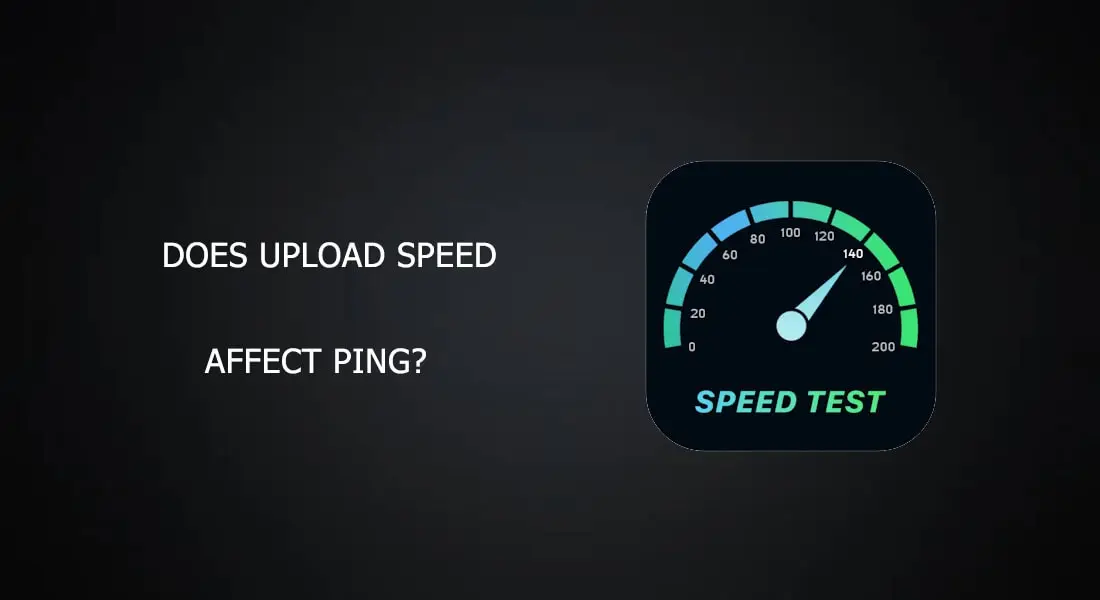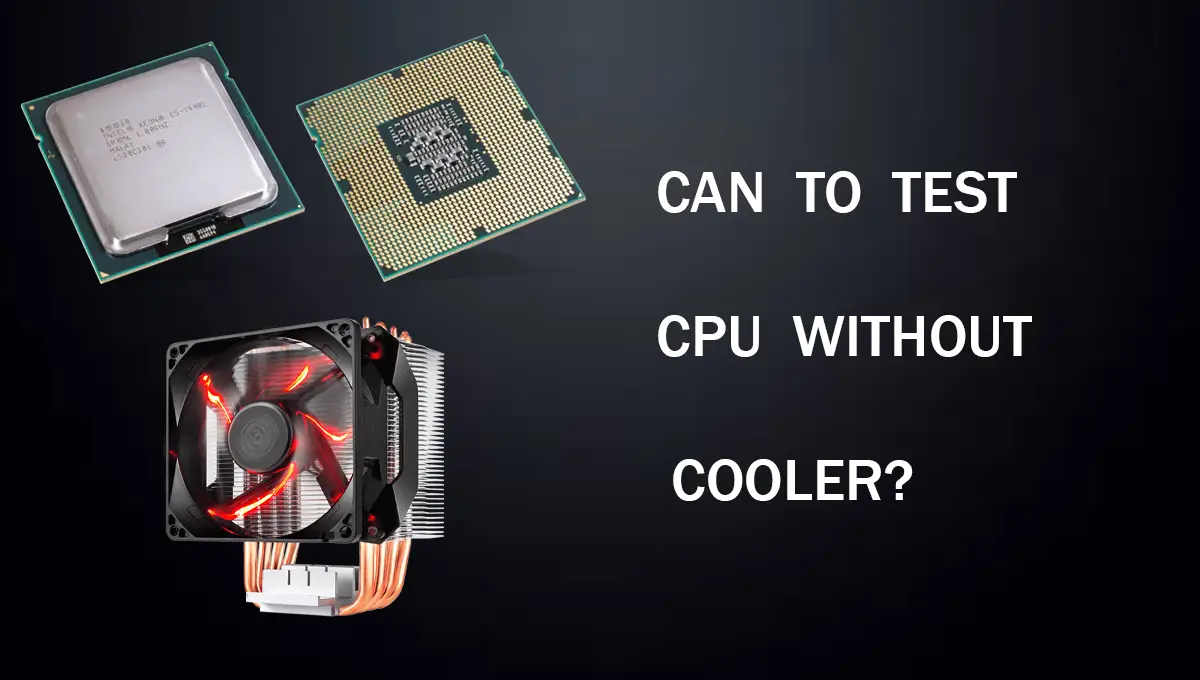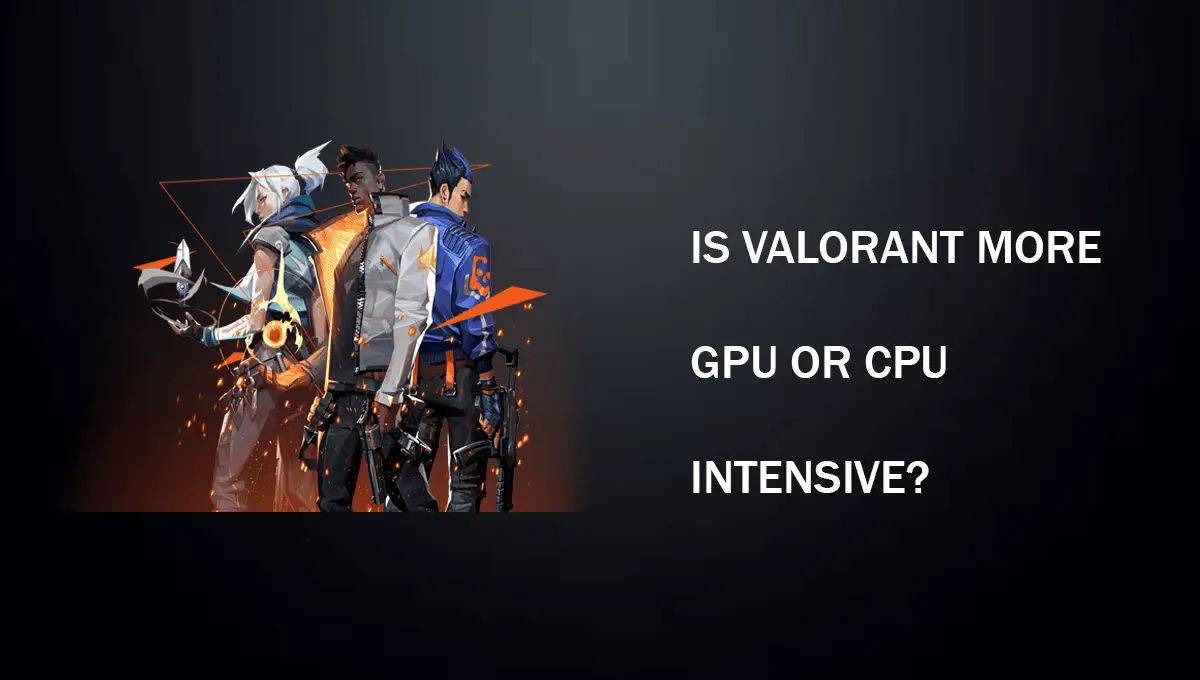Gaming is a fun and enjoyable activity that you can do in your spare time, but nobody likes to face stutter and lag while enjoying them.
Stuttering and lag can be caused by a variety of factors, especially on PCs. It is not pleasant to experience constant FPS drops and long loading times.
It might not be the software but the hardware that is causing the lag and stutters if your game runs fine at the start.
CPUs are not as effective as GPUs when it comes to playing games but they have an important role in providing a smooth gaming experience.
Overclocking is a great way to get that extra FPS, but you should be careful not to damage it. If you overclock for too long, however, your component may be damaged.
We are going to learn about does overclocking CPU increase FPS or not and if it does then how much impact it makes on the performance while running a specific game.
What Causes FPS Drop?
Before working on any fix or immediately trying to overclock your CPU we first need to understand what is causing the problem frame drops and before moving to the hardware let’s take a look at the software.
PCs that are running windows always have a problem with slow performance because there are so many things running in the background that are consuming the power hence limiting the performance.
When your game starts to drop Frame rates then first check if there is anything in the background running with extensive GPU or CPU usage and if not then check the temperatures of both CPU and GPU.
Speaking of temperatures, they are also a cause of slowed-down performance and is much more noticeable in games.
If you are running a game for 30min then your temperature should not exceed more than 70C and as for the GPU it should remain between 65-70C anything above a temperature of 85C then you will notice thermal throttling which is caused by excessive hotness of a component which then results in limited performance and efficiency to bring the temperature down.
Once you have checked both of these issues and nothing seems to be the problem then it might be due to the high requirements of the game and the processor or the GPU not handling it very well and in this case overclocking does help.
Overclocking The CPU
Overclocking is not child’s play and you should not do it constantly otherwise it can lead to some serious damage. As mentioned earlier that overclocking does help in bringing more FPS to the table but before we immediately start to overclock the CPU let’s figure out which is responsible for the laggy performance of the game CPU or GPU.
As I mentioned earlier that the CPU is not as effective as GPU when it comes to playing games because games rely more on graphic cards than on the CPU so we should first focus on the GPU side.
If your CPU is already powerful enough but you have paired it with a crappy old graphic card then there is no need to overclock your CPU. Let’s say that you have paired an i7 4790K with a GPU like the GTX 450 this will be a clear bottleneck for the GPU.
You can also notice it by checking the usage of the GPU which will be at 100% whereas the CPU is performing way below that. In this case, you should try to overclock your GPU first and if the GPU does not support it then you have to change your graphics card with a new one.
Moreover, if you do the same with the CPU meaning that you have paired the I7 4790K with an RTX series graphic card then it is a clear sign that your CPU is limiting the performance of the graphical card resulting in low spikes and choppy gameplay.
In this case, you can overclock the CPU and achieve that extra FPS but keep in mind that overclocking the CPU will only gain you about 5 -10% performance boosts whereas the graphic card will give you a 15- 20% boost depending on the game.
Equipment Needed For Overclocking?
Overclocking is not something that can be done on any motherboard or CPU and GPU because it requires special hardware with better power delivery options.
If you are going to overclock your CPU then there is already a good chance that it might get auto overclocked under load automatically and that is if you have an AMD CPU because AMD CPUs have turbo boost mode which lets them auto overclock themselves when under load. You can also auto-overclock them by yourself through the BIOS or set them up in windows.
However, if you are rocking an Intel K series CPU of any I series then you are in luck because these processors are designed to be overclocked meaning they have great potential for overclocking and you also don’t have to worry about damaging them as long as you are in the safe limits.
The K series can boost itself by up to 2GHz speed which makes an incredible difference in performance no matter if you are playing a game or running a high-end task.
Final Words
In a short answer to the question does overclocking CPU Increase FPS? Yes, it does help you achieve extra FPS in games if it’s bottlenecking your other hardware.
There is a good chance that you might not notice any big difference in performance if you are running a modern CPU but with older CPUs, it is a total game-changer meaning that anything that is not playable on that CPU will become playable with an extra FPS boost but also be careful when doing overclocking and be sure to read the safety guide as this will help you overclock the CPU in safe limits.
Frequently Asked Questions
How much FPS do you gain by overclocking?
Overclocking is a great way of gaining some boost in FPS however don’t expect much. Overclocking can only give you a performance boost of 10 to 20% depending upon the device capability.
Can overclocking damage CPU?
Yes, Overclocking can cause your CPU or GPU to die or get damaged permanently. This can mostly happen due to cooling issues or overclocking the device outside of limitations.
How do I know if my CPU is overclocked?
The quickest way of knowing if your CPU is overclocked is through the task manager. If your CPU current speed is reaching above its base clock speed then your CPU is overclocked.





